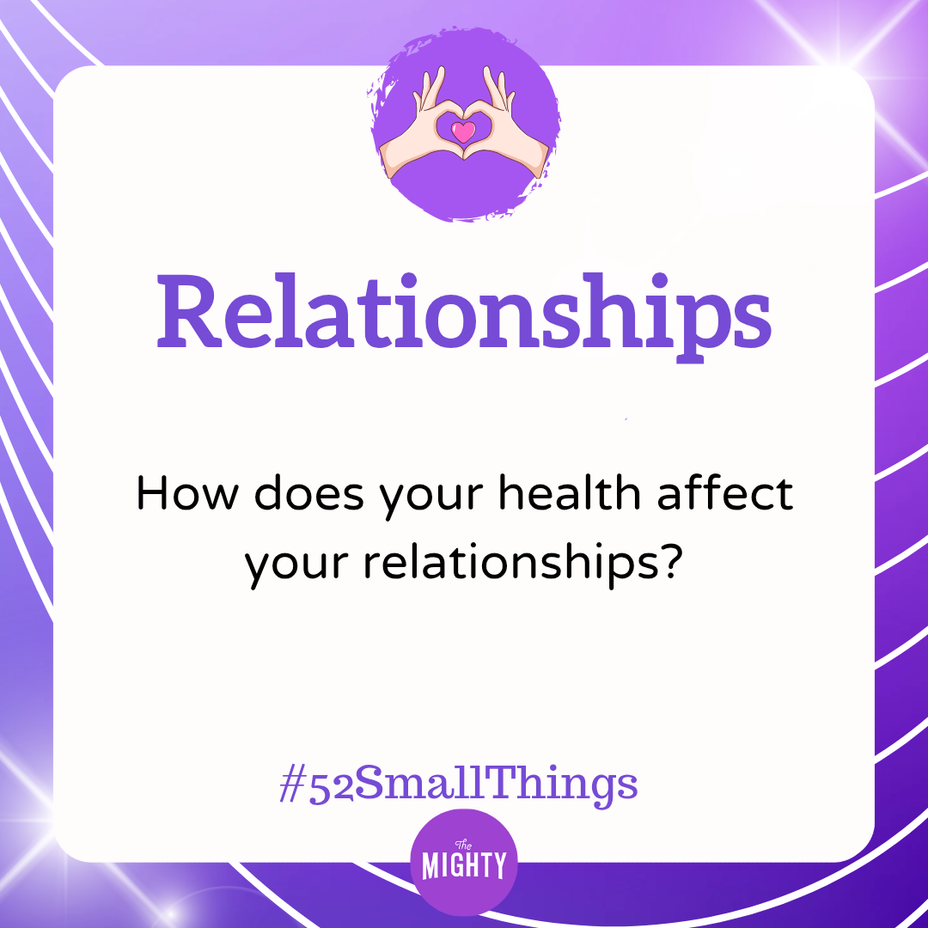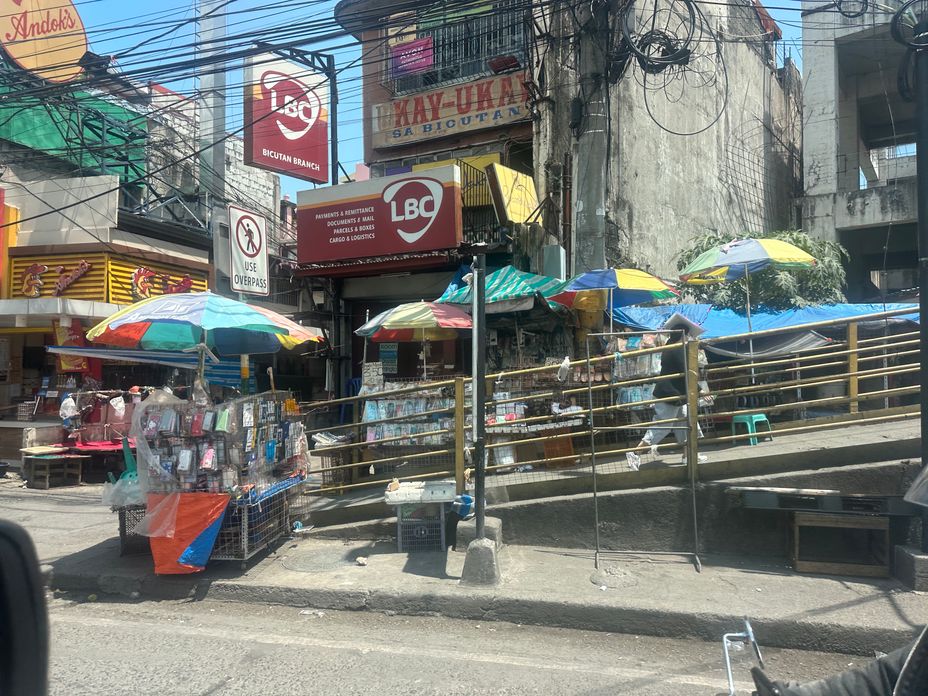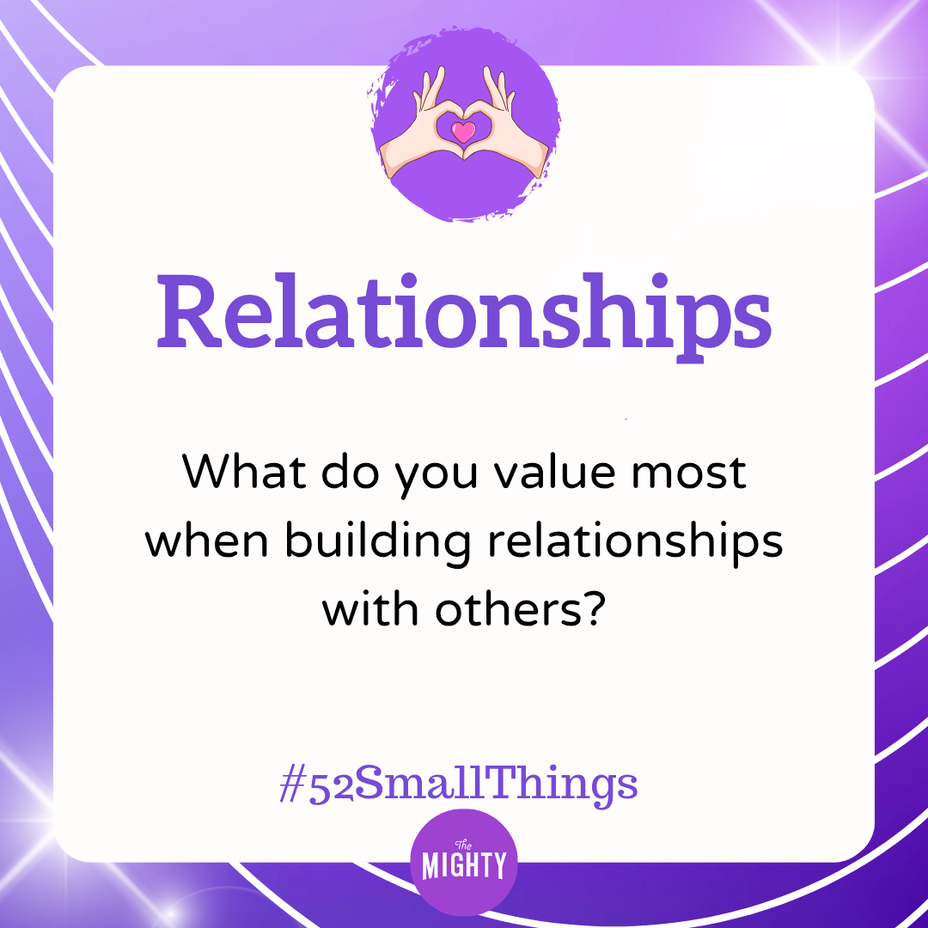Relationships
Relationships

Neurodivergent And Disability Definitions
Neurodivergent And Disability Definitions
Emotional Dysregulation
Difficulty regulating emotional responses, often felt as intense emotions, overwhelm, or trouble calming after distress.
Open To Read More
Emotional dysregulation describes ongoing difficulty regulating emotional responses. Emotions may arrive quickly, feel especially intense, last longer than expected, or be hard to shift once activated.
This experience is common among Autistic and ADHD people, as well as people with trauma histories. It reflects differences in executive functioning, nervous system regulation, sensory processing, and emotional integration — not a lack of effort, maturity, or insight.
Emotional dysregulation can show up as emotional overwhelm, rapid shifts in feeling states, or a need for more time and support to settle after distress. When emotions are high, it can temporarily affect communication, decision-making, and relationships, particularly when there isn’t space to pause and regroup.
Emotional dysregulation isn’t a character flaw. For many people, emotions become easier to manage when the nervous system has more support — things like sensory regulation, predictability, safety, co-regulation, and time to recover. When we take a nervous system view, the focus moves away from what’s “wrong” and toward what kind of support might help.
Double-Empathy Problem
Mutual misunderstanding between neurotypes, rather than a lack of empathy in Autistic people.
Open To Read More
First described by Dr. Damian Milton, the Double Empathy Problem suggests that misunderstandings between Autistic and non-Autistic (allistic) people arise from differences in communication and lived experience, rather than from a lack of empathy.
Milton argued that when people come from different neurological worlds, their ways of sensing, relating, and expressing can diverge enough that both may struggle to understand the other’s perspective.
Because dominant culture often frames Autistic ways of being as the problem, the Double Empathy framework reframes social difficulty as relational. Both sides can encounter barriers, and both are capable of understanding when there is reciprocal space, recognition, and shared language.
In practice, this shifts the focus away from fixing Autistic communication. What matters more is creating environments where different neurotypes can meet with space and clarity, guided by curiosity, mutual adaptation, and neurological humility — without assuming one way of processing is superior.

How does your health affect your relationships?
Having a mental health condition, chronic illness, and/or disability can affect your life in many different ways, including the relationships you have with the people around you. From work connections, to building and maintaining friendships, familial relationships, or even dating — health can either strengthen or weaken bonds. It can even cause bonds to break.
What have your experiences been like? How does your health play a role?
Share with us below. ⬇️
#52SmallThings #CheckInWithMe #Selfcare #MentalHealth #Disability #ChronicIllness #ChronicPain #RareDisease #Anxiety #Depression
#Autism #Parenting #PTSD #BorderlinePersonalityDisorder #BipolarDisorder #Fibromyalgia #Lupus #MultipleSclerosis #Migraine #Spoonie
Seriously? #CPTSD
So you go around,hoarding, stalking, blackmailing and collecting other peoples past relationships and experiences, in order to manipulate people? You become friends with their past relationships? You direct and manipulate through gathering personal information as leverage? Because your life is that lame? Why? Are you retired or bored? Does your wife actually believe you're saving women and their husbands by friending them? Your pet projects, your orphans, your kids you say you https://save.You do see how desperate this looks? You friended my ex's, just like other's, just like your xwife and current https://wife.Thats messed up ten times more than I ever imagined and they are sad for falling for https://it.She could have a good reason to believe you, but Im sure she's figured you out, she can't be that, dumb or is she? She couldn't find someone else to keep you busy? She had to help you, to embarrass me because she is weak and an enabler?I don't care about her reputation. You did not care for mine and I, owe you nothing. Does she not understand who you really are? Or, is she, just as aweful?A low lying yes girl, who believes you're the catch? Thought https://so.Anyone playing cos play woman, to play another women, is a yes girl, a follower and a weak girl, not strong a https://women.A mean girl, a follower not a https://leader.I can't stand fakes and followers, especially granola wannabe nature brands, who are market level dime a dozen.Yes, I said https://it.Dime a https://dozen.They are a carbon copy of the next yoga guru, saving women one stretch of the imagination at a https://time.Cant market whats a copy! I get it.
I don't care for mean girls disguised as mothers,allies and friends, stretching the truth to fit their strange sense of desperation to get their husband https://off.He needs help, you need help and your daughters, probley need therapy the most.
Get a new hobby. Im not it.

We never walk alone. #Depression #Anxiety #Fear #Relationships #Hope #MentalHealth #Faith
I am in an Uber heading to the airport. This morning I am flying to The Philippines. Normally I am very excited to go overseas. Today I am not. Yesterday I realised that I am quite anxious about this trip.
I tried to figure out why. It’s not the mess that the Middle East does is. That is a long way from The Philippines. It’s not where we are going. Manila is wonderful. We are also going to Davao which is somewhere the Australian government says we should only go if it’s absolutely necessary because of terrorist activity. The two terrorists who recently killed 15 people in Sydney trained in Davao.
I think it’s the fact that my body is still recovering. I need a crutch. I am still taking strong opioids for pain. And I think it’s lack of control. We are corralled onto a plane. We have to navigate immigration and customs.
This morning I realised what the true issue was. I have been thinking I am doing the trip on my own. My Wife is with me. I will be visiting prisons and other places. However, God is with me. We are not alone. He is already there and is with us now while we head to the airport.
We are never alone.
So do not fear, for I am with you; do not be dismayed, for I am your God. I will strengthen you and help you; I will uphold you with my righteous right hand.”
Isaiah 41:10 NIV
Struggling to Fit In
Imagine being a grown adult and still feeling like you don’t quite fit anywhere.
By our mid-40s, aren’t we supposed to have it all figured out?
A stable life. A career we love. A family. Confidence. Structure.
Isn’t that what it’s supposed to look like by now?
And yet — how many of us still feel like frauds?
How many of us are hiding our insecurities every single day?
Fake it till you make it.
Yikes.
As recently as eight months ago, I found myself wondering why I was even put on this earth — other than to suffer. That’s how dark it got.
I asked myself questions I was almost afraid to answer.
How do I even date now?
Is my life as I knew it… over?
If I’m brutally honest, I hated who I thought I was in the shadows of it all.
Sober.
Living with borderline personality disorder.
Who would want me?
Who would find me appealing?
At times, my thoughts felt like a hurricane — pulling me under, stealing my breath. I fought hard not to believe every lie my brain tried to sell me. And some days, that fight is still real.
The more I accepted my BPD diagnosis, the more lost and alone I initially felt. Research didn’t help. Statistics about job instability. Relationship longevity. Words like “chronic” and “difficult.” It’s easy to spiral when that’s what you’re reading.
Living with severe mental illness can feel like torture when you’re misunderstood — when being around people is sometimes excruciating, and isolation starts to feel safer. But that isolation? It becomes a cycle. A sad and dangerous one.
Here’s what I’ve learned:
BPD is not a character flaw. It is trauma.
And healing begins when you remove what harms you.
I had to remove the triggers — people, environments, even jobs — that kept pulling me back into my worst self. That decision saved my life. It wasn’t easy. It wasn’t comfortable. But it was necessary.
Then I did something even harder.
I let a few incredible people truly see me.
And they didn’t love me in spite of my diagnosis.
They loved me with it. Through it. Because of the depth and honesty it shaped in me.
There is a fuller life on the other side of survival mode.
I promise you that.
Chase your dreams anyway.
Build the life anyway.
Love anyway.
And don’t let anyone — including your own mind — convince you that you are too much or not enough

What do you value most when building relationships with others?
We’ll be talking about relationships this week, Mighties! 🌸
Whether it’s with a family member, friend, co-worker, medical professional, or someone else in your life (neighbors! boss! your kids’ teacher!), we are continuously building relationships with those around us. And it’s our values in those relationships that help us to stay true to ourselves while also maintaining the connections we find important.
Mighty staffer @sparklywartanks values consistency, open and honest communication, and transparency in her relationships. There’s nothing more important to her than feeling safe enough to be fully herself.
What do you value most?
#52SmallThings #CheckInWithMe #Selfcare #MentalHealth #Disability #ChronicIllness #ChronicPain #RareDisease #Anxiety #Depression
#Autism #Parenting #PTSD #BorderlinePersonalityDisorder #BipolarDisorder #Fibromyalgia #Lupus #MultipleSclerosis #Migraine #Spoonie
Chronically ill and emotionally alone
Being chronically ill has changed me in ways I’m still trying to understand. It isn’t just the symptoms or the exhaustion, it’s the grief. The grief for the person I used to be. The grief of continuously canceled plans. The guilt of needing rest while everyone else is out living, while I’m in bed trying to survive the latest flare.
What’s been harder to admit is how lonely it feels to go through this while being in a relationship that no longer feels supportive. When did this happen? When did our bond turn so cold?
There was a time when he held my hand through it all. In the beginning, he could calm the medical chaos with just a look. I felt safe. I felt understood.
Somewhere along the way, that changed.
It went from feeling protected to fighting to be believed. From feeling cared for and my person by my side to feeling emotionally neglected and left alone.
There are days I wonder, am I asking for too much now? Its almost been a decade of sickness, so much has chnaged so fast. But deep down I know that wanting patience, empathy, and kindness isn’t too much. It’s just the bare minimum.
Is anyone else navigating illness and loneliness in a long term relationship?
How do you keep going when the support you need is no longer there?






